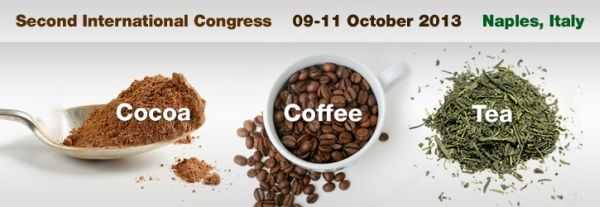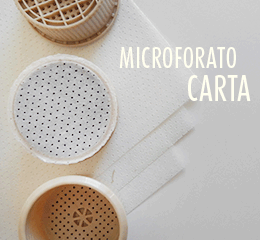Rezzi S1., Moco S1., Collino S1., Martin F-P1.
1 Nestlé Institute of Health Sciences SA, Campus EPFL, Quartier de l’innovation, Lausanne, Switzerland.
E-mail: serge.rezzi@rd.nestle.com
Beyond genetic factors, nutrition remains a major biological determinant of individual’s health. Nutritional habits exert a significant evolutionary pressure on the development of modern chronic diseases, including metabolic syndrome and type 2 diabetes.
The multifactorial aetiology of modern diseases and the high variability of omnivorous dietary composition make the understanding of mechanisms of action of nutrients and the assessment of their long term health benefits very challenging. Dietary profiles are highly complex as regards with the nature and function of macronutrients, micronutrients and phytochemicals that constitute people’s diet.
The main challenge of modern molecular nutrition is to characterize the metabolic processes related to the bioavailability, biodistribution and biological efficacy of nutrients at the system level.
Biological evolution has provided complex mammalian superorganisms, such as human beings, with capabilities to adapt to changing environmental pressures through genetic, metagenetic and metabolic modifications.
In particular, the gut microbiota, a major compartment of the extended human non eukaryotic genome, is increasingly considered as a major determinant of nutritional and health status of an individual.
Gut microbial ecosystem might be considered as a functional organ capable of changing functional ecology relatively rapidly in response to environmental and dietary triggers as well as to pathophysiological processes.
Growing evidence points out its role as a key regulator of various physiological and metabolic functions, including immunity, inflammation, micronutrient status, xenobiotic and phytochemical metabolism.
Moreover, recent studies increasingly associate gut microbiota dysbiosis and functional changes with several pathological processes and dysfunctions placing thus this human extended genome at the forefront of modern strategic targets for health maintenance and disease management.
The field of nutritional metabonomics has provided a new way to depict the molecular interactions between the diet, the host and the gut microbiota.
Combination of so called holistic and targeted metabolic profiling has enabled a relatively comprehensive characterization of the metabolic fate of nutrients and phytochemicals although important challenges still remain ahead to fully decipher their mode of action and physiological and clinical relevance in vivo.
This lecture reviews several molecular interplays between the gut microbiota and the host with a particular emphasis on micronutrients and dietary polyphenols1-2. New research directions for modern molecular-based personalized nutrition for health maintenance, preventive medicine and disease management will be highlighted3.
References
[1] Moco, S. et al. Metabolomics view on gut microbiome modulation by polyphenol-rich foods. J Proteome Res. 2012, 11, 4781-90.
[2] Martin, FP. et al. Specific dietary preferences are linked to differing gut microbial metabolic activity in response to dark chocolate intake. J Proteome Res. 2012, 11, 6252-63.
[3] Collino, S. et al. Clinical metabolomics paves the way towards future healthcare strategies. Br J Clin Pharmacol. 2013, 75, 619-29.













